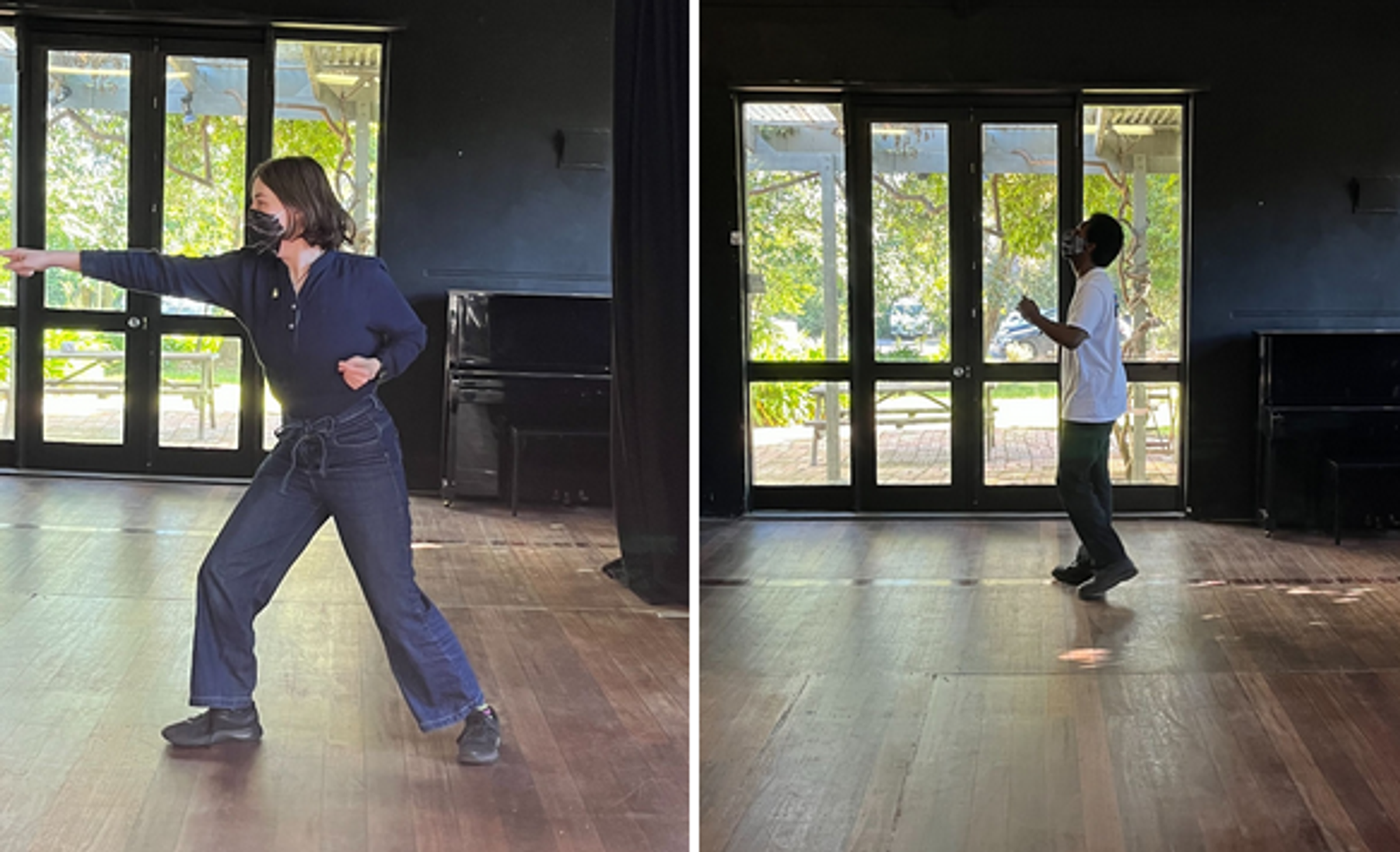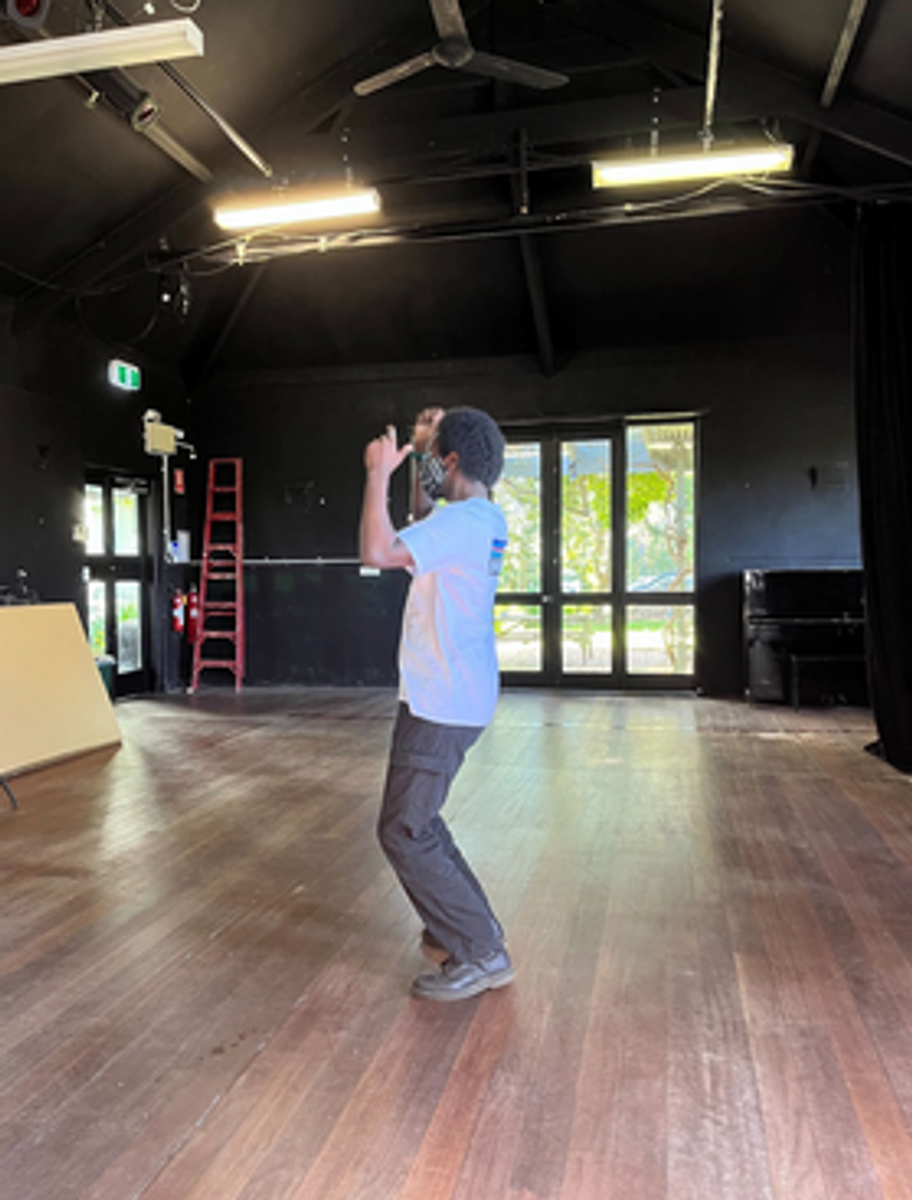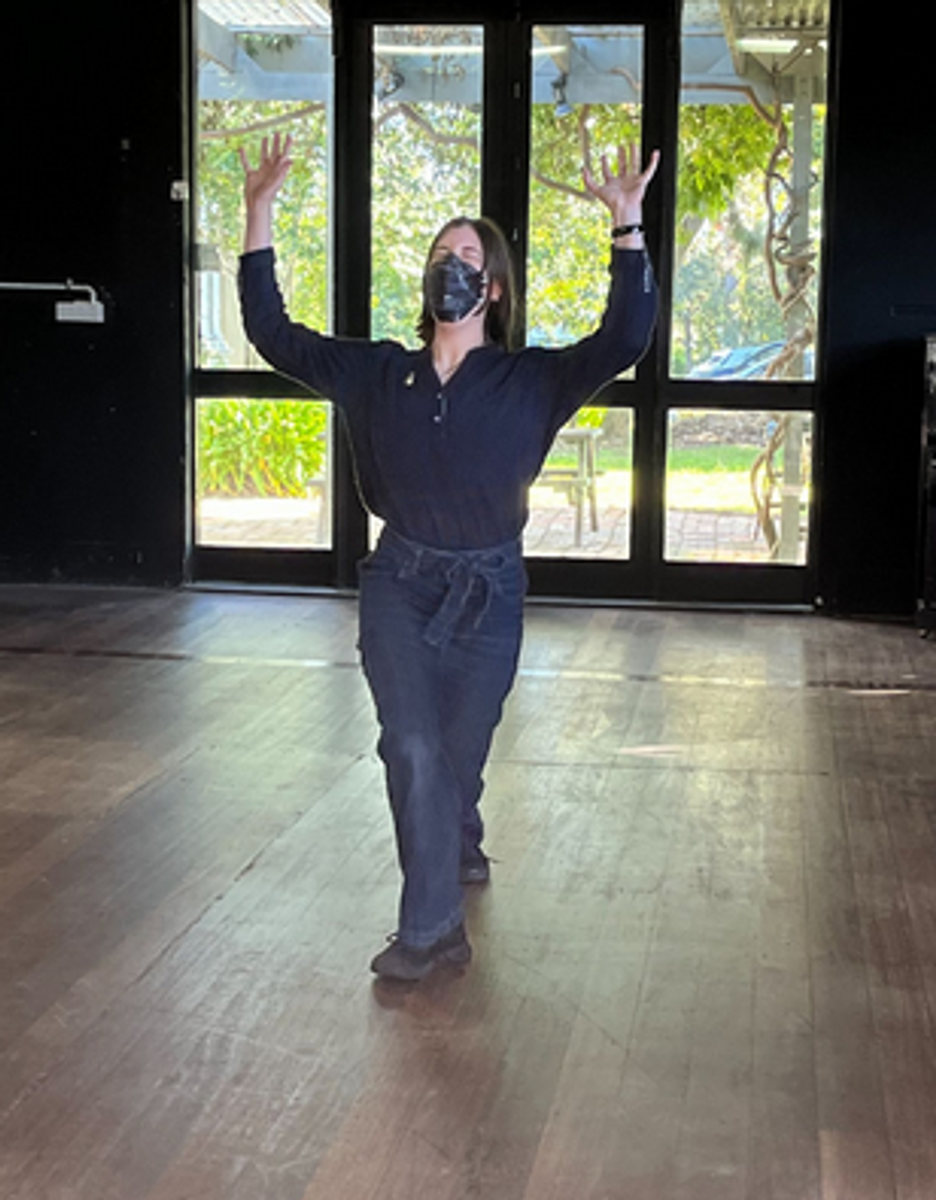Connecting to Learning in the DP: Theatre and Psychology

Theatre
This term, DP Theatre has been a discovery of World Theatre Traditions. Students have inquired deeply into different and unique traditions through a combination of research, reflection and comparative analysis. They are currently creating a presentation of a chosen world theatre tradition, addressing the following areas to guide their research;theatre in context, theatre processes and presenting theatre.
MILES has jumped into the world of French Farce, experimenting with slapstick, word play and absurdity. He has examined how and why French Farce emerged as a theatre style, drawing comparisons between Molière and "Fawlty Towers". Miles is in the process of developing a scene from "Fawlty Towers" with the purpose of injecting the convention slapstick within it to increase its hilarity and demonstrate his understanding of such a convention.
“I chose French Farce because it incorporates comedic elements of physical and verbal comedy. I am interested in comedy, especially physical comedy like pratfalls and slapstick. French Farce is a historical style that has evolved. It was influenced by the Italian theatre style, Commedia dell'Arte. French Farce relies on witty and strong writing. It has influenced plays including, "The Importance of Being Earnest" (Oscar Wilde), movies like "The Hangover" and television programs including "Frasier". They all have aspects of farce with a lot of physical and verbal comedy. A really great example is "Fawlty Towers".
It is hard to perform just one idea of a farce as it is most successful with the inclusion of props and other actors. It is also difficult not to copy other works after having seen them. For my final year, I'm looking forward to the practical side of theatre as I really enjoy performing. Next year, I am hoping to study "Punch and Judy" which has a high level of slapstick and is from Commedia dell'Arte.”
MIRANDA has focused on the Eastern theatre tradition, Rakugo. She was intrigued by its use of gesture and comedic style, finding this theatre tradition to be both interesting and challenging. Miranda has also inquired into the ways stories are manipulated and characters’ personalities are presented in Rakugo theatre.
“I chose Rakugo as my theatre tradition because I found it very interesting as it is quite a different style to most theatre performances I am familiar with. I hope to focus on gesture as my convention, as it is an essential part of the stories told in Rakugo. Furthermore, gestures are significant as there is a limited amount of props used within the performances.”
Bec Bettiol
DP Theatre teacher
bec.bettiol@preshil.vic.edu.au
Psychology
This term, students have been working through the unit titled Abnormal Psychology. This is often the unit that inspires the most debate and critical thinking in students, and the one that many find the most interesting!
Students began the unit by questioning definitions of normal and abnormal, and how culture and time may influence these definitions. They then attempted to tackle the question, “How do psychologists diagnose different disorders?”
The unit is broken up into three main areas: diagnosis, etiologies and treatment. It is an intriguing unit that asks students to grapple with complex systems and delve into things with great empathy. We finish the semester with practice exams which allow students to consolidate their knowledge and demonstrate the writing skills they have been so diligently developing over the year.
Looking to next year, students will work on their Psychology internal assessment. This provides students with the wonderful opportunity to apply what they have been learning about in theory over their first year. The assessment requires students to replicate an existing study, by designing and carrying out their own research. They first develop a research hypothesis, consider the ethics and submit an ethics proposal, taking into account extraneous variables and how to control these. After conducting the experiment, they then analyse their data in order to determine whether their findings were significant.
Finally, students write a report on their findings and this includes a thorough evaluation of their procedure as well as suggestions for further research. This task is similar to what students would encounter in a first year Degree in Psychology or Social Studies at university and prepares them incredibly well for their future studies. It is an excellent opportunity for them to work collaboratively. While the submitted report is done individually, their research is conducted as a group. Each year I find the cohesion within the group stronger, which is a result of the high level of collaboration required.
Kat Girbau
DP Psychology teacher


